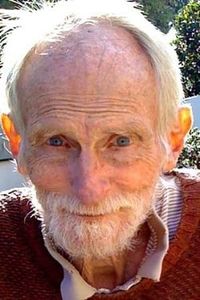Oliverio Girondo was a renowned Argentine poet, born on August 17, 1891, in Buenos Aires to a relatively affluent family. This enabled him to travel to Europe at a young age, where he pursued his studies in both Paris and England. Girondo's literary career is most notable for his involvement with the magazines Proa, Prisma, and Martín Fierro, which played a significant role in introducing ultraism, a vanguardist movement, to Argentina.
Girondo's early poetry was characterized by its vibrant use of color and irony, departing from the traditional theme of admiring nature's beauty. Instead, his poems celebrated the urban, cosmopolitan lifestyle, both praising and criticizing certain societal customs. He was a contemporary of prominent Argentine authors, including Jorge Luis Borges, Raúl González Tuñón, Macedonio Fernández, and Norah Lange, whom he married in 1943.
Girondo's association with the vanguardia movement in Argentina led to his involvement in the literary rivalry between the Florida group and the Grupo Boedo. He was a key figure in the ultraist movement, influencing many poets of the next generation, including Enrique Molina, with whom he translated the work of Arthur Rimbaud.
Girondo's peers included notable poets such as Pablo Neruda and Federico García Lorca, with whom he formed lasting friendships in 1934. During this period, both were residing in Buenos Aires, the capital city of Argentina. Around 1950, Girondo began to explore painting in the style of surrealism, although he never published or sold any of his works.
Girondo's legacy extends beyond his literary contributions, as he was buried in La Recoleta Cemetery in Buenos Aires. His life and work have also been immortalized in the 1992 independent film, The Dark Side of the Heart, directed by Eliseo Subiela, which tells the story of a poet's quest to find love, defying Death's constant interventions.



















